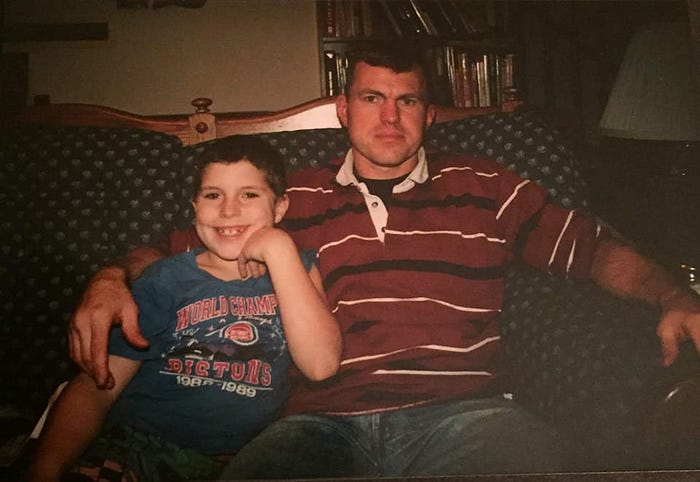The Sentences on In the Shadow of the Poorhouse by
Michael B. Katz
I really enjoyed this book as a history of American welfare.
One thing that you can really trace is this ebb and flow of
who is responsible for people and how they should be aided.
My main wish is that this were more up to date since it ends
right as Clinton ended “Welfare As We Know It”.
Three Sentences on State of Exception by Giorgio Agamben
I was not even aware of Agamben until the pandemic, where
both his views on the pandemic and the concept behind this book came into
renewed importance in debates on the response to the pandemic.
The book is short and easy to read, but the chapters get
bogged down in references. So to read this, you need to go back to Schmitt and Benjamin
and maybe to Hobbes and more and more.
Three Sentences on They Call It Love by Alva Gotby
I have some mixed emotions about this book. It’s a short
book that builds to some interesting ideas about the abolition of the family and
the abolition of gender.
However, there is something about how it is written that
makes it a slog to get through despite its brevity.
Three Sentences on Slouching Towards Utopia by Brad
Delong
I generally like Delong’s stuff, but he is often very prolix
so I was interested to seeing what he would do working as a sole author but
with an editor. Delong tries to do a lot here and you can tell he wanted to do
more; one paragraph has the entire Anschluss, and you could feel his restraint
on the page.
One big quibble for me is I don’t agree with him is with the
periodicity and choosing 2010 as some endpoint when it really felt more like a convenient
place to stop.
Three Sentences on Spa by Erik Svetoft
I picked this up because the blurb on the back name-checked
David Lynch but it could just as easily mentioned Cronenberg as a point of comparison.
The story acts in some sort of nightmare logic where there
are several threads that weave through the text but they never really resolve.
The art goes very well with that nightmare theme in a complementary manner.
Three Sentences on Ducks: Two Years in the Oil Sands by
Kate Beaton
In Ducks, the author Kate Beaton writes her memoir of
spending two years working in the extractive industry to pay off her student
loans when she would rather be working towards her artistic dreams.
The story and the art work well together, a straightforward
telling of her time in this place that was extractive and exploitative on
several levels.
The worst part is in her having to deal with this heavily
masculinized space and the story is in part about the sexual violence she (and
her female peers) faced not just on the jobsite but in life in general.
Three Sentences on Schmitt’s Political Theology
This book is one of the only books that is basically an
explication of its first sentence.
I came to this text from reading Giorgio Agamben, and now it
has made me want to go read Hobbes.
Thinking about the Schmittian world makes me long for the
embrace of a Kantian world with a defined and defended constitution.
Three Sentences on Bors et al’s Justice Warriors
I bought this because I am a huge Matt Bors fan, and I was
not disappointed in seeing how Bors and his teammates create a world and a
narrative within it.
One of the fun things about this text is in the crowd scenes
and seeing the detail and care that went into these throwaway background jokes.
Just because the main characters are police, doesn’t make
them the good guys.
Three Sentences on Harvey’s Spaces of Global Capitalism
This text feels more like an introduction to Harvey’s thinking
on geographic spaces and development that a fully fleshed-out theory.
When Harvey isn’t talking directly about Marx part of me is
like a fan of a band’s particular album: “It was good, but they didn’t play the
hits”.
In spite of this being a newer book, the collection is a
couple of essays that may feel dated but remain eternally relevant.
Three Sentences on Lazarov’s ACAB Yearning
There is a harnessed yet incandescent rage in these poems.
Lazarov admirably melds poetry with his activism.
The best and most memorable lines would trigger a website’s
auto-moderation so that the text would not post (see June 7 2020).
Three Sentences on Debord’s Society of the Spectacle
I read about the Situationists, and they sounded
interesting, so I went to Debord’s text.
Unfortunately, I don’t think I got much out of it.
The version I have has no introduction so I lack context and
the individual sections read more like linked koans than a building argument.
Three Sentences on Rankine’s Citizen
Citizen is a powerful poetic document of racism in America.
It stands as true now as it was written and as true now as
it was in 1863.
The struggle for the powerless against the powerless is an ongoing
battle but one that must be fought with all arrows in our quiver.

